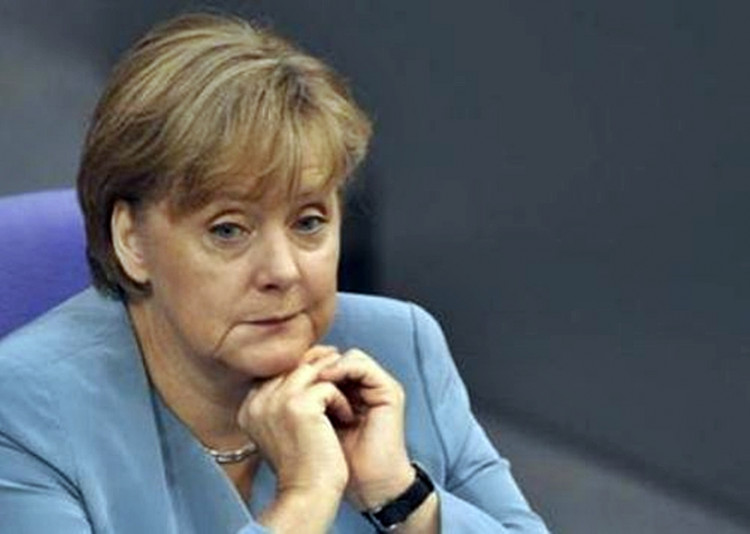Old age and obsolescence finally caught-up with Angela Merkel, who yesterday declared she won't seek re-election as Germany's Chancellor when her term of office ends in 2021.
'Mama Merkel,' who is the acknowledged leader of the European Union (EU), also said she'd quit German politics forever that same year.
It's more than the end of a liberal and accommodating leadership that began in 2005 with her election as Chancellor. It ends centrism in German politics and will make partisanship a hallmark of future German politics, according to some analysts.
More worryingly, the new divisiveness will benefit Germany's rising right-wing firebrands that despise immigrants and the EU. Eight decades ago, it was from among the ranks of disenchanted German right-wing nationalists that an obscure Austrian war veteran named Adolf Hitler rose to power.
The leader of the Free World, a title Merkel earned when U.S. president Donald Trump abandoned American globalism in favor of nationalist tribalism, said it was "time for a new chapter" in German politics.
During her resignation speech in Berlin that was broadcast worldwide, Merkel also took responsibility for the recent losses in local elections of her Christian Democratic Union (CDU). She told party members she won't contest the leadership of her party at a conference this December.
She said that at the next CDU party congress in December in Hamburg, "I will not put myself forward again as a candidate for the CDU chair." She promised this fourth term is her last as German Chancellor.
During the federal election in 2021, Merkel said she won't "stand again as Chancellor candidate, nor as a candidate for the Bundestag, and ... I won't seek any further political offices."
She vowed not to run for chancellor if a snap election were held before 2021. She also said she had made the decision not to stay on as CDU chair before the summer parliamentary recess.
Whoever becomes the new leader of the CDU will be the front-runner as Germany's new Chancellor after the next elections. A vote is slated for December at CDU's regular congress.
The top contenders for her job are her personal favorite to succeed her, the centrist Annegret Kramp-Karrenbauer (called the "Mini-Merkel" by some) and Jens Spahn, the health minister and favorite of the CDU's right wing.
In the past few months, Merkel also saw her power wane after bruising battles over migrant policy against Horst Seehofer, the interior minister and leader of her Bavarian sister party, the Christian Social Union (CSU).
The stunning speed of her fall seemingly began Sept. 25 when erstwhile loyal members of her own party CDU stabbed her in the back over what should have been an innocuous election of the party's parliamentary group leader. This vote, which is a formality, should have seen the election of Merkel's right-hand man, Volker Kauder.
Instead, her own MPs elected his rival, Ralph Brinkhaus, in an unprecedented challenge to Merkel's authority. It was also a clear message from the CDU that Merkel was falling out of favor. One senior CDU MP described the vote as an "uprising against Merkel" and Merkel has taken notice.
The very next day saw the media take up the fight, announcing Merkel's impending doom. Bild, Germany's biggest-selling newspaper, said it all in a huge headline: "Can Merkel still be Chancellor?"






